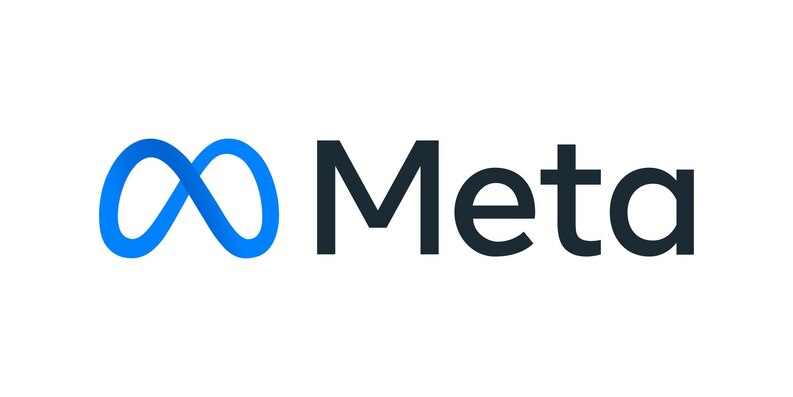In a move that marks the end of an era, Meta, the parent company of Facebook, has initiated a final round of layoffs, signaling a significant shift in its organizational structure and strategic direction. This decision comes amidst a series of changes and controversies that have reshaped the social media landscape.
Meta, formerly known as Facebook, has been a dominant force in the tech industry for over a decade, revolutionizing the way people connect, share information, and consume content. However, recent challenges, including privacy concerns, regulatory scrutiny, and increased competition, have prompted the company to reevaluate its operations and make tough decisions to ensure future sustainability.
The final round of layoffs is part of Meta’s broader restructuring efforts aimed at streamlining operations and focusing on core areas of growth. While specific details about the number of affected employees and the departments impacted are yet to be disclosed, industry insiders speculate that the cuts will primarily target non-essential roles and divisions that no longer align with Meta’s long-term vision.
The decision to downsize comes as no surprise to industry observers, considering the company’s recent rebranding as Meta and its strategic shift towards the metaverse. Meta’s CEO, Mark Zuckerberg, has emphasized the importance of investing in virtual reality, augmented reality, and other emerging technologies that will shape the future of online interactions and digital experiences.
However, the layoffs are not without controversy. Critics argue that the burden of these decisions falls on the shoulders of dedicated employees who have contributed to the company’s growth and success. They question whether Meta has explored all possible alternatives to minimize job losses and ensure a fair transition for those affected.
To gain insights into the situation, we reached out to Meta for an official statement. The company expressed its commitment to supporting affected employees during this transition, including providing resources, career assistance, and severance packages. They emphasized their belief that the restructuring is necessary to position the company for long-term success in a rapidly evolving digital landscape.
As the dust settles, Meta faces the challenge of rebuilding public trust and navigating the changing dynamics of the tech industry. The company’s ability to execute its vision for the metaverse and address concerns surrounding user privacy and data protection will be critical to its future growth and sustainability.
This round of layoffs at Meta serves as a stark reminder of the volatile nature of the tech industry and the need for companies to adapt and evolve to stay relevant. It also raises broader questions about the ethical responsibilities of tech giants towards their employees and the impact of their decisions on local communities and economies.
The effects of Meta’s restructuring will ripple through the industry, impacting not only the affected employees but also Meta’s user base and business partners. The success of Meta’s transformation will hinge on its ability to effectively communicate its new direction, engage with stakeholders, and deliver on its promises.
As the tech landscape continues to evolve, it is crucial for companies like Meta to balance their growth ambitions with their social and ethical responsibilities. Only by doing so can they foster a sustainable and inclusive digital future that benefits both their stakeholders and society as a whole.












